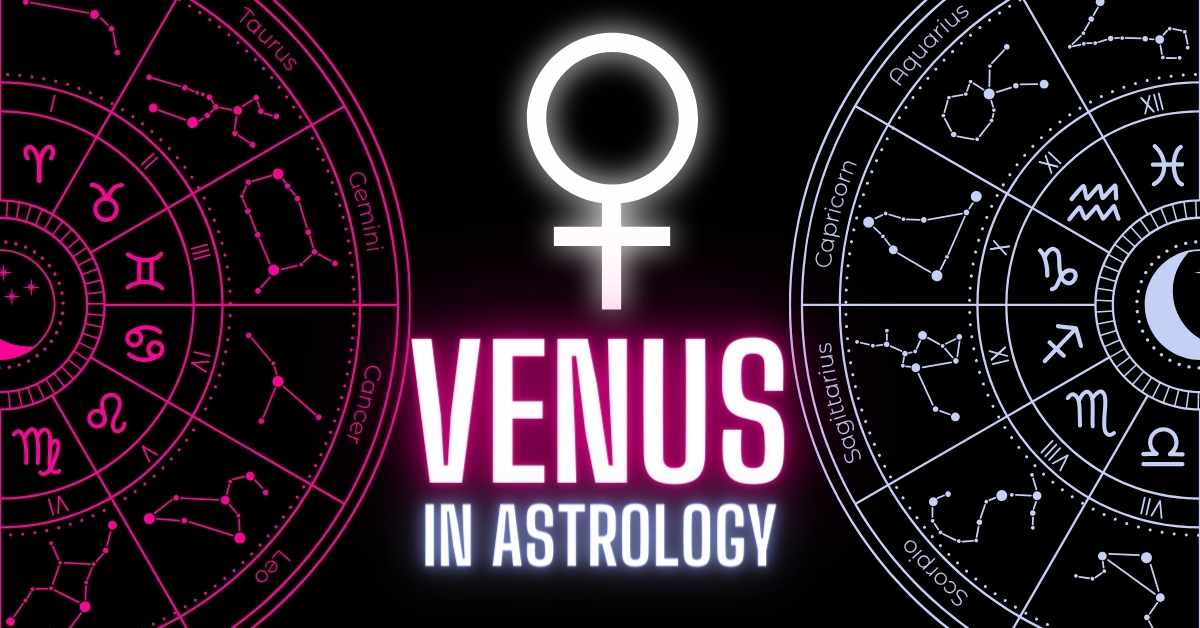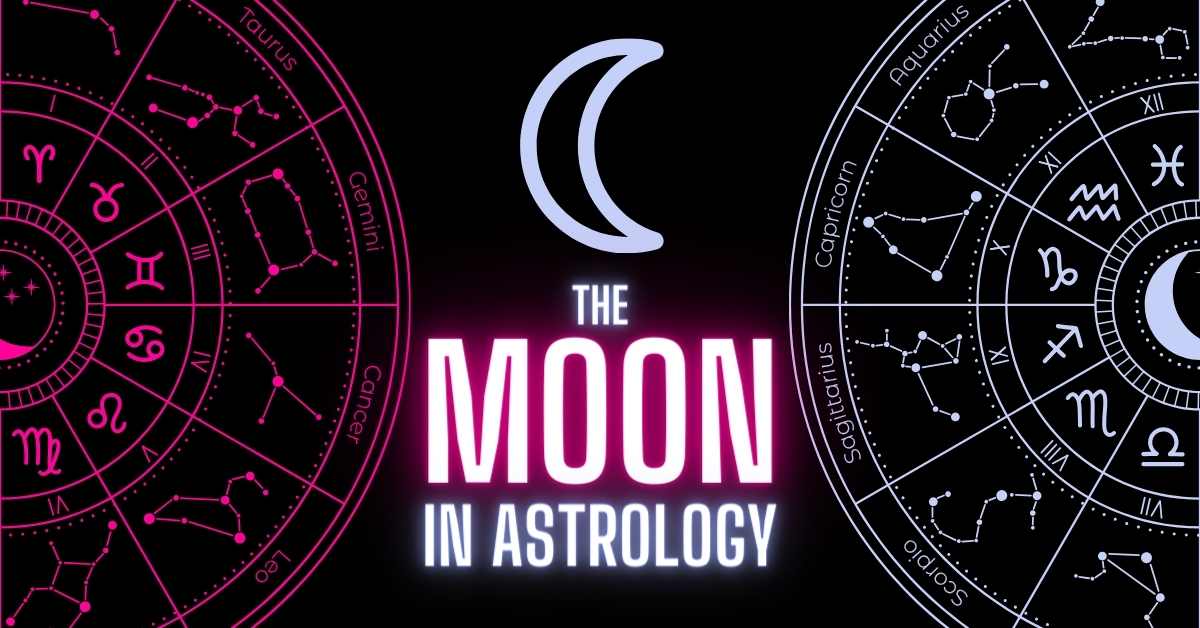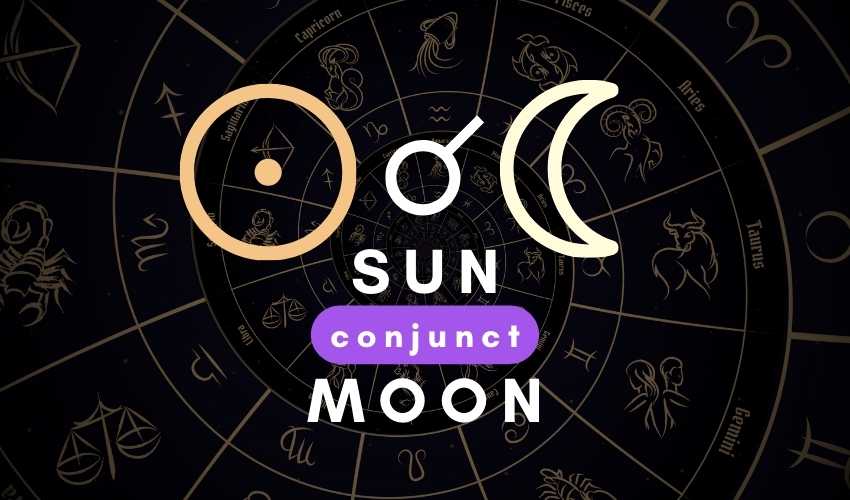Neptune Overview:
In astrology, the planet Neptune is regarded as the great Dissolver. The object of dissolution is the ego and the preoccupation with selfish pursuits. Neptune is the planet of mysticism and spiritual awakening. Its influence brings our attention to higher ideals and stimulates our capacity to dream and imagine possibilities. In contrast to Saturn, Neptune is detached from reality and can even be in denial of it. Accepting a bitter or inconvenient truth can be difficult for Neptune to stomach or come to grips with directly. Neptune provides self healing through escapism and faith in things unseen and only intuitively felt.
Neptune is a planet considered to be a higher octave of Venus. Where Venus is associated with a more physical and sensual type of love and pleasure, Neptune speaks to a more abstract and broader form of love that is more universal and spiritual. Neptune is connected with divinity, martyrdom and self sacrifice. The key phrase of Neptune is “serve or suffer”. Moreover, Neptune represents great receptivity and sensitivity to the needs and feelings of others. Through sparks of inspiration, Neptune bestows powerful insight and wisdom that can also extend to clairvoyance and psychic intuitions.
As more of a dreamer than a doer, Neptune can be prone to being all vision and no action. Uranus, which has a similar but more occultish focus, is stronger motivated to take substantive action on its ideals and ideations. Neptune is more the hippy to Uranus’ revolutionary. On the dark side, Neptune is also associated with escapism of both healthy and unhealthy forms. Addiction, disillusionment, inferiority complex, self-sabotage and self-loathing are some of the pitfalls that can come with Neptune. Neptune can obscure our perspective and encourage us to see only what we want to see. To cling to one’s ideals and beliefs despite the facts of reality.
- Neptune Rulership: Pisces
- Neptune Detriment: Virgo
- Neptune Exaltation: Leo or Cancer
- Neptune Fall: Aquarius or Capricorn
Neptune Key Traits:
- Inspiration
- compassion
- imagination
- mysticism
- sympathy
- responsiveness
- creativity
- visionary
- dreaminess
- delusion
- escapism
- chaos
- martyrdom
- clairvoyance
The Neptune Symbol:
The symbol for Neptune is represented as a Trident, the iconic fork-like weapon used by Poseidon and Neptune. On a more abstract level, the symbol can be broken down to the shape of a cross piercing a cup. This can be interpreted as representing the liberation of the spirit from physical limitations and selfish pursuits. It is about slaying the tyranny of the ego or personality so that the soul can be freed and elevated to a higher plane of consciousness.
Neptune in the Natal Chart:
When Neptune has a strong influence in the birth chart, it will indicate an individual who is very sensitive and has an active fantasy life to which they escape. They may often feel disillusioned by the harshness of reality and seek to insulate or shelter themselves from it. Creative outlets can provide an antidote and channel through which to process and explore the emotions they experience. In other cases, these individuals may seek to simply numb themselves with mind and mood-altering substances to distract them from certain realities. Where Neptune is placed in the chart may indicate an area for which an individual may find creative fulfillment and spiritual gratification. It can also indicate an area in which an individual may be subject to delusions and deceptions to both themselves and other people.
Neptune can indicate a capacity or even a talent for lying, fraud and causing confusion. It may also indicate an affinity for chaos and lack of structure in one’s life. Neptune’s placement can also indicate an area of creative genius the individual might possess. Its presence may contribute to powers of intuition and understanding that may defy explanation. Additionally, wherever Neptune is placed can indicate something about what inspires us and what we are inspired to do. When Neptune is afflicted, it can cloud your judgement and the lines between fantasy and reality can become blurred and indistinguishable. Neptune confers greater interest in deeper wisdom, connectedness and spiritual exploration.
Neptune as a Transit:
As one of the generational planets, Neptune’s influence is spread across a vast swath of the population and lasts for over a decade in each house and sign it passes through. In each sign and house, Neptune can give rise to various zeitgeists and patterns that end up defining an era. Neptune in Aquarius can stir up a shift in consciousness that leads to unrest and anarchy but also progress and reform. In its passage through Scorpio, Neptune has been linked to the rise of the drug culture in the 1970s and 80s. In the sign of Pisces, Neptune can bring about a postmodern dismantling of the institutions and structures that have been long built up to make way for a new era and vision for the future.
Neptune Mythology:
Neptune is named after the Roman god of the sea whose Greek equivalent was Poseidon. Neptune is the offspring of Saturn and Ops along with siblings Jupiter, Ceres, Vesta, Pluto, and Juno. Prior to the influence of Hellenistic deities, Neptune is believed to have been associated with fresh water springs, and rivers and also equestrianism. Neptune was previously known as the Lord of horses who helped Minerva build the chariots. Neptune replaced Portunus as The God who ancient Romans thanked for naval victories. The Romans honored Neptune during the Neptunalia festival which was celebrated on the 23rd of July. The festivities included the sacrifice of a bull and casual merrymaking with lots of drinking of both spring water and wine.
Neptune in Astronomy:
Barring Pluto, Neptune is the farthest planet from the sun in our solar system. It is the fourth largest planet behind Uranus, Saturn and Jupiter, the largest planet. Neptune has an extremely long orbital period. One Neptune year is equal to 164.8 earth years. The planet is not visible to the naked eye and its discovery was made through mathematical prediction rather than by direct observation. A French astronomer named Alexis Bouvard observed irregularities in Uranus’ orbit that he believed or possibly caused by an unknown planet. His hypothesis was later proven correct by two separate observers in 1846 who used boulevards data to locate Neptune’s position and view it with a telescope.
Related Pages:
- Sun in Astrology
- Moon in Astrology
- Mercury in Astrology
- Venus in Astrology
- Mars in Astrology
- Jupiter in Astrology
- Saturn in Astrology
- Uranus in Astrology
- Pluto in Astrology
- The Planets and Luminaries
- Planets In The 12 Astrology Houses
- Planets In The Signs
- Planetary Aspects
- Zodiac Constellations
- The 12 Houses in Astrology
- ISFJ and ISTJ in love: 5 Essential Dynamics of their Relationship - February 24, 2024
- ENTP and ENTJ in love: 6 Critical Dynamics of Their Relationship. - February 18, 2024
- ESTJ and ESFJ in love: 4 Key Aspects of their Relationship. - February 12, 2024





